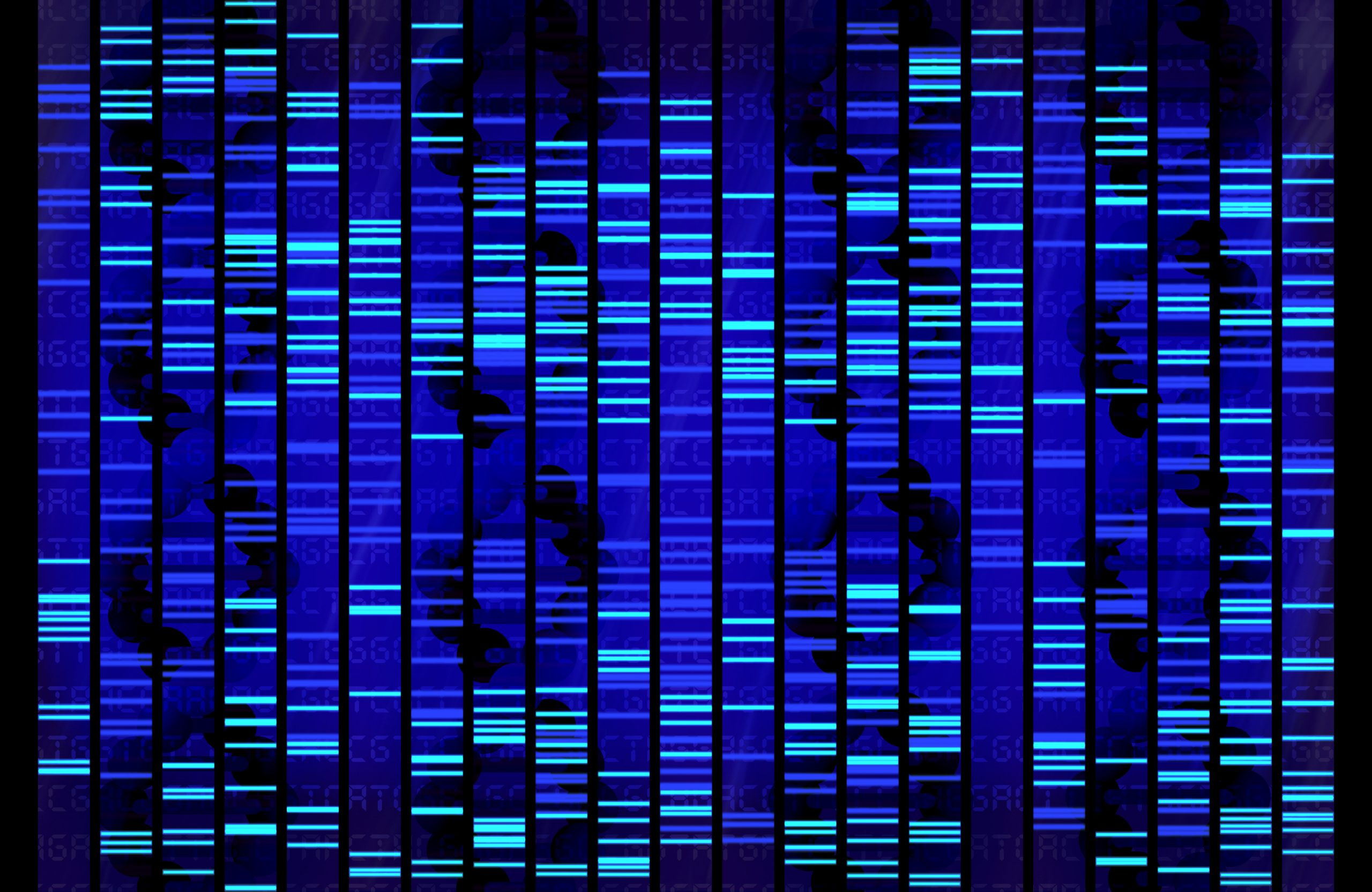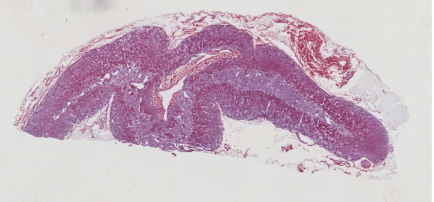
Next Generation Sequencing (NGS)
The revolution in the NGS technology over the last decade has greatly enhanced our understanding of genomes. NGS is finding increasing application in cancer genomics research for biomarker discovery, tumor stratification and precision medicine.
It provides high speed and throughput as thousands of DNA molecules can be sequenced in parallel generating both qualitative and quantitative sequence data at low cost compared to Sanger’s sequencing. Tumor DNA profiling has now become standard in cancer research and treatment.
Targeted NGS
Targeted NGS offers greater sequencing depth by focusing on a panel of genes of clinical relevance, allowing identification of low frequency variants with high confidence and is useful for patient stratification and the development of targeted therapeutics. It is particularly powerful for profiling FFPE (formalin fixed paraffin embedded) samples and can pick out mutations present in a fraction of malignant cells generating valuable information for therapeutic targets and immunotherapy biomarkers.

BioChain has your research needs covered with a variety of NGS characterized quality FFPE sections, blocks, slides and curls and more.
Examples of Common Mutations in Cancer
KRAS signaling is associated with the disease progression in various cancers such as colorectal, pancreatic and lung. KRAS is a proto-oncogene which encodes a small GTPase transductor protein and its mutation occurs in up to 25% of all human tumors. KRAS mutant has been considered undruggable for the last three decades and tumor stratification appears to be crucial to therapeutic success due to the heterogeneous nature of KRAS-driven tumors.
BRAF mutations have been reported in melanoma (50-60%), colorectal (10%), thyroid (30-50%) cancers with majority being V600E mutation occurring in about 8% of human tumors. This mutation stimulates ERK signaling, proliferation and transformation
EGFR is another most frequently altered oncogenes in cancers, with two types of pathological alterations, kinase-activating mutation and over-expression of the EGFR protein)
APC mutations are found in colon (80%), pancreatic and gastric cancers. Co-mutation of BRAF and APC has been reportedly associated with aggressive neoplastic phenotype and poor patient outcome.

CancerSeq FFPE Tissues
BioChain offers FFPE tissues prescreened for single nucleotide polymorphisms (SNPs), insertions & deletions (indels), and copy number variations (CNVs) using targeted NGS to identify mutations and mutational hotspots
- Advantageous over cancer cell lines
- Represent real clinical disease
- Detailed donor and cancer type documentation
- Complete NGS information - chromosomal position, variant type (SNP or indel), alternate allele variations, quality score, depth of coverage, allele type, transcript ID
- Suitable for IHC and ISH

CancerSeq FFPE tissues are prescreened with 48 cancer gene panel that offers sensitive mutation detection within genes such as BRAF and KRAS that are linked to cancers, including melanoma, colorectal, ovarian, and lung cancer.
- Illumina TruSeq Cancer Panel
- Detect somatic mutations in mutational hotspots
- Bead based sample normalization
- 48 genes are targeted with 212 amplicons
- Blocks and slides available for lung, skin melanoma, breast, colon tumors
- Thermo Fisher Ion AmpliSeq panel
- non-small-cell lung carcinoma (NSCLC) tumor tissues
- 35 cancer genes
References
- Beganoyic, S. (2009). Clinical significance of the KRAS mutation.Bosnian journal of basic medical sciences,9(Suppl 1), S17.
- Bewicke-Copley, F., Kumar, E. A., Palladino, G., Korfi, K., & Wang, J. (2019). Applications and analysis of targeted genomic sequencing in cancer studies.Computational and structural biotechnology journal,17, 1348-1359.
- Fennell, L. J., Kane, A., Liu, C., McKeone, D., Fernando, W., Su, C., ... & Whitehall, V. L. (2020). APC mutation marks an aggressive subtype of BRAF mutant colorectal cancers.Cancers,12(5), 1171.
- Guan, Y. F., Li, G. R., Wang, R. J., Yi, Y. T., Yang, L., Jiang, D., ... & Peng, Y. (2012). Application of next-generation sequencing in clinical oncology to advance personalized treatment of cancer.Chinese journal of cancer,31(10), 463.
- Liu, P., Wang, Y., & Li, X. (2019). Targeting the untargetable KRAS in cancer therapy.Acta Pharmaceutica Sinica B,9(5), 871-879.
- Pratilas, C. A., Xing, F., & Solit, D. B. (2010). Targeting oncogenic BRAF in human cancer.Therapeutic Kinase Inhibitors, 83-98.
- Thomas, R., & Weihua, Z. (2019). Rethink of EGFR in cancer with its kinase independent function on board.Frontiers in oncology,9, 800.
Author
BioChain Institute Inc.

